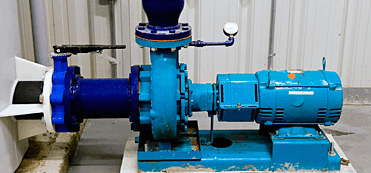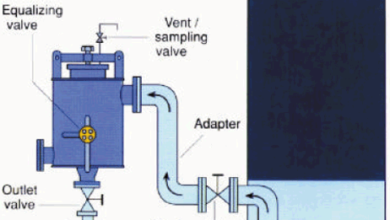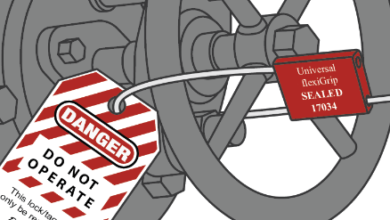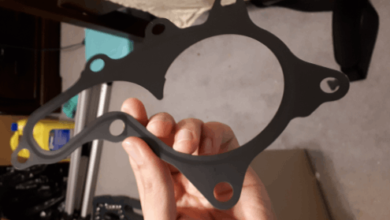Viscous Liquid Pump – Selection Guide
Pumps are important parts of most engineering systems. An engineer must be able to select the proper pump for an application. In such engineering applications, we need to pup the high-viscosity fluids. And we need to select a proper viscous liquid pump application. Here, you will understand the general parameters of the pump selection for viscous liquids.
What is a Viscous Liquid Pump? What is the Difference?

Viscous liquid pump systems are the special pumps that we are using in the pumping applications of high-viscosity fluid. Firstly we need to understand what is high viscosity.
Viscosity of Fluids
Viscosity is one of the most important parameters that we need to know about the fluid that we select for a pump application. Also, viscosity is the resistance of the fluid to flow. We generally define fluid flow as the application of shear stress to the fluid layers. If the need for the shear stress increases to make a fluid flow, the total force that we need increases. So the viscosity of fluid increases.
To gain a general idea about high-viscosity fluids, we can give some examples of them. In the pump market, we generally define the viscosity of the fluids with the Centipose(Cp) ır Centistokes(Cst).
The viscosity of the water at 20 degrees Celsius temperature is 1cP. You know how water acts in these conditions. Also, the overall viscosity of the engine oil systems is 50 cP. And the viscosity of toothpaste is around 100.000 very high cP.
So, we can understand that toothpaste is a very thick fluid that will resist flow. And we need different systems to make flow the fluids like toothpaste. So, we are using viscous fluid pump systems in general.
Parameters to Consider While Selecting a Pump for Viscous Fluids
We can delve into the difference between the viscous fluid pumps from the other systems and their important features in general.
Pumping Temperature
The pump supplier will ask you about the viscosity of the fluid that you will pump. And you need to give an exact answer to them. You need to know the exact viscosity of the fluid that you will use for the pump. And also, the temperature of the fluid that you will pump is another important parameter. Because, with the increasing temperature of the fluid, the viscosity of the fluid decreases.
You can think about butter that becomes more malleable with increasing temperature. So, you need to give the information of the temperature at which you will pump the fluid.
Larger Diameter of Piping
The pipe connections that you will use for the thick fluids must be larger than the other fluid systems. The narrow piping will restrict the flow of the thick fluid. At the inlet side of the pump, the pipe diameter must be higher. Also, the pump that you will select must have much bigger ports.
Viscous Fluid Pump Working Speed
You know that the RPM values of the water pumps are generally higher. They are generally working with even thousands of RPMs. But for thicker fluids, the RPM speed of the pumps must be lower. If you adjust the pump speed at higher RPMs for thick fluids, cavitation and choking will be a problem. And your pump system will be broken.
You need to decide on the lower working speeds for the viscous fluids.
Capacity of Pump
The capacity of the pump system that you will use for the viscous fluids must be lower in the capacity. Because it is generally impossible to flow the same amount of viscous fluid with the low viscosity fluids. The electric motor provides a constant amount of power to the pumping system. So, you need to use a lower capacity of pumping for the same amount of fluid. This is because the power requirement to flow the high-viscosity fluid is higher.
Extra Fluid Flow Clearances in Pump System
Inside the pumping system, the fluid flow clearances must be higher. Because it is impossible to make the thicker fluids flow through the narrow systems. And the clearance between the pump pistons or impellers and the pump casing and piping system must be higher than the normal systems.
Do Not Select Centrifugal Pumps
For viscous fluids, the use of centrifugal pumps is not logical. You need to select other kinds of pump configurations if you want to obtain a much better system for fluid flow.
Last Words on Viscous Liquid Pump
In the market, different kinds of viscous liquid pump sellers are available. You can select one of them and ask them for the pump selection. Also, you will be able to select the proper system by knowing these parameters.
If you have additional questions about this topic, please leave them below!



